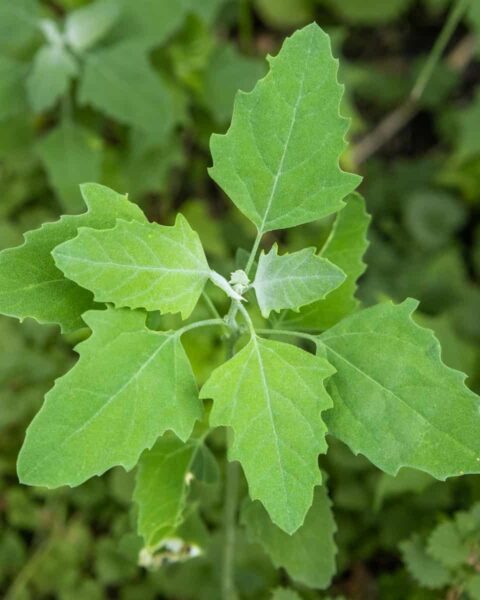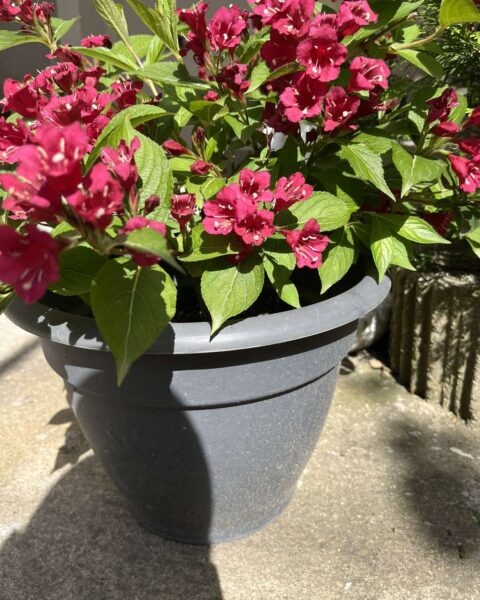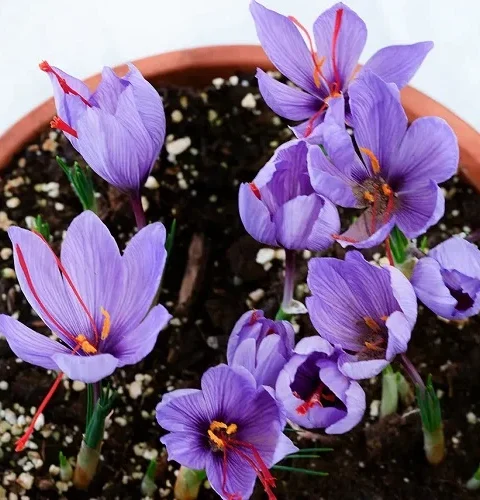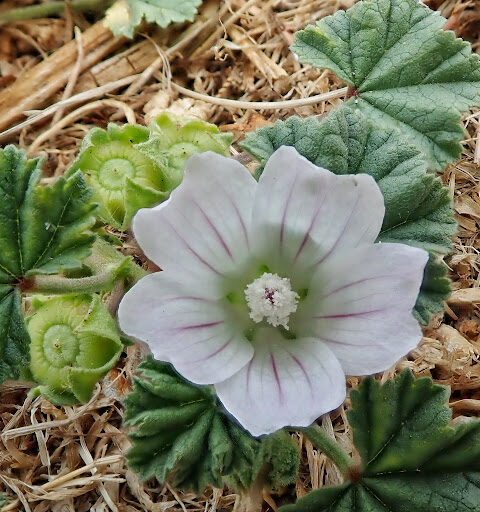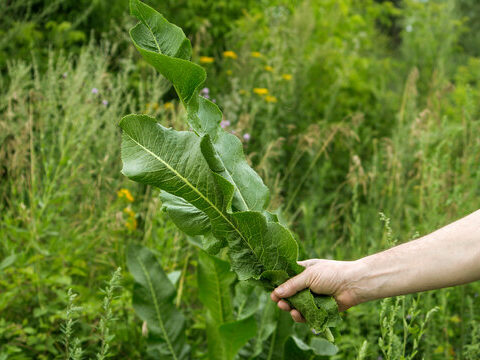In the world of herbal lore and traditional medicine, few plants boast a history as rich and diverse as yarrow (Achillea millefolium).
With its delicate white or pink flowers and feathery leaves, yarrow has adorned landscapes for centuries, earning its place not only as an ornamental plant but also as a revered medicinal herb with a wide array of applications.
A Botanical Marvel:
Botanical Features: Yarrow, belonging to the Asteraceae family, is a hardy perennial plant that thrives in various climates around the globe. Known for its finely dissected leaves and umbrella-like flower clusters, yarrow adds a touch of elegance to meadows, gardens, and roadsides alike.
Historical Significance: The genus name Achillea pays homage to the legendary Greek hero Achilles, who is said to have used yarrow to treat soldiers’ wounds during the Trojan War. This historical association has contributed to yarrow’s enduring reputation as a potent healing herb.
Medicinal Potency:
Yarrow, a herb with a rich history in traditional medicine, possesses remarkable healing potential. Here are various ways to harness the therapeutic benefits of yarrow:
- Herbal Infusion: Brew yarrow leaves and flowers into a soothing herbal tea. This infusion can be enjoyed daily and is believed to offer digestive support, promote relaxation, and boost overall well-being.
- Wound Salve: Create a healing salve by infusing yarrow in oil and combining it with beeswax. This natural salve may aid in the treatment of minor wounds, cuts, and bruises, thanks to yarrow’s potential anti-inflammatory and antimicrobial properties.
- Aromatherapy: Harness the aromatic essence of yarrow through essential oil. Use yarrow essential oil in aromatherapy practices to promote relaxation, reduce stress, and create a calming atmosphere.
- Topical Compress: Soak yarrow leaves in hot water and apply the strained infusion as a warm compress to soothe skin irritations, minor burns, or insect bites. The natural compounds in yarrow may help alleviate inflammation.
- Menstrual Support: Yarrow is often used to address menstrual discomfort. Consume yarrow tea during menstruation to potentially alleviate cramps and support overall reproductive health.
- Digestive Aid: Enjoy yarrow tea before or after meals to promote healthy digestion. Yarrow is believed to have digestive benefits, including helping with indigestion and bloating.
- Anti-inflammatory Bath: Add dried yarrow flowers to your bath for a soothing and anti-inflammatory experience. This herbal bath may be beneficial for conditions such as arthritis or muscle soreness.
- Respiratory Relief: Inhale the steam from a yarrow infusion to potentially ease respiratory issues. The herb is thought to have mild expectorant properties that can help clear congestion.
- Hair Rinse: Infuse yarrow in apple cider vinegar to create a natural hair rinse. Yarrow is believed to contribute to scalp health and may help with dandruff or itchiness.
- Immune Tonic: Consume yarrow tea regularly as part of an immune-boosting routine. The herb is thought to stimulate the immune system and enhance overall resilience against common ailments.
- Anti-Anxiety Tea: Yarrow is traditionally used to ease anxiety and stress. Brew a cup of yarrow tea and sip it slowly to promote a sense of calm and relaxation.
Rituals and Symbolism:
Herb of Protection: Yarrow has held symbolic significance in various cultures. Believed to offer protection against malevolent forces, it was often woven into talismans or sachets. Additionally, yarrow was thought to enhance psychic abilities and bring clarity to one’s thoughts.
Divination Tool: In ancient traditions, yarrow stalks were employed for I Ching, an ancient Chinese divination method. The casting and interpretation of yarrow stalks were believed to provide insights into the future and guidance in decision-making.
Cultivation and Practical Uses:
Garden Beauty: Beyond its medicinal virtues, yarrow is cherished for its aesthetic appeal. Its fern-like foliage and clusters of tiny flowers make it a delightful addition to gardens, attracting pollinators and adding a touch of whimsy to the landscape.
Companion Planting: Yarrow also demonstrates its practicality in the garden by acting as a companion plant. Its aromatic nature is believed to repel certain pests, making it an excellent ally for neighboring plants in need of protection.
Natural Dyes: The flowers of yarrow have been historically used as a natural dye source, imparting hues ranging from yellow and tan to subtle shades of green. This dual-purpose feature adds an eco-friendly element to the plant’s repertoire.
Precautions and Considerations:
While yarrow has a storied history as a medicinal herb, it’s essential to approach its usage with caution. Some individuals may experience skin sensitivity to yarrow, particularly when handling the fresh plant.
Pregnant or nursing individuals, as well as those on medications, should consult with a healthcare professional before incorporating yarrow into their health regimen.
In Conclusion:
Yarrow, with its timeless allure and versatile healing properties, remains a captivating figure in the world of herbalism.
From ancient battlefield dressings to modern holistic wellness practices, this unassuming plant has continued to leave an indelible mark on human history.
Whether gracing gardens, offering herbal remedies, or serving as a conduit for divination, yarrow stands as a testament to the enduring union between nature and human well-being.
As we delve deeper into the mysteries of herbal lore, yarrow invites us to explore its bountiful offerings and connect with the wisdom passed down through generations.

